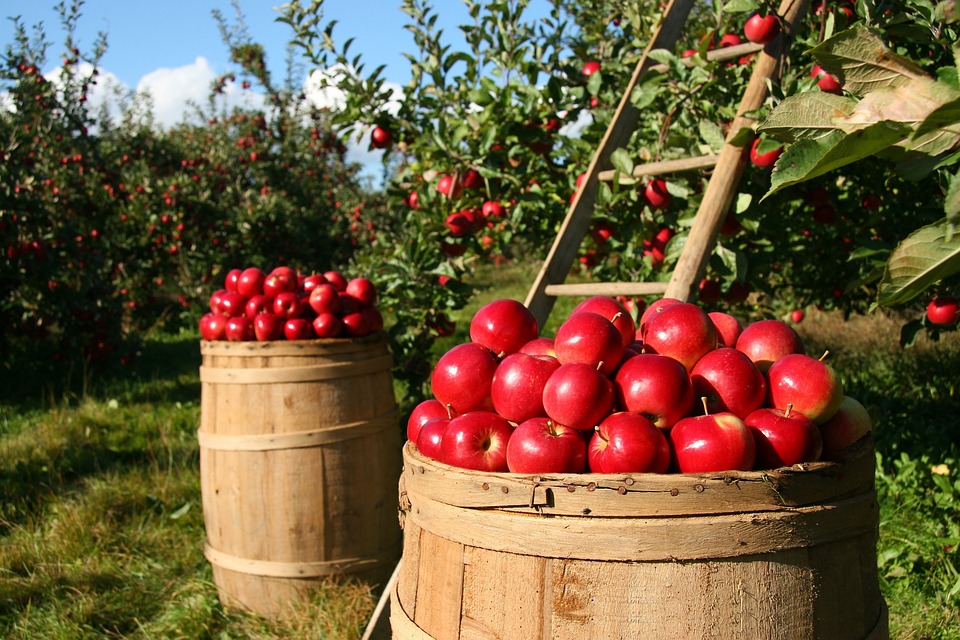
[ad_1]
Bangladesh is a country that is widely known for its rice production. The country is among the top producers of rice globally, with the sector providing livelihoods to a significant percentage of the population. With a fertile land for rice farming and a favorable climate, Bangladesh has vast potential in its rice industry that can help to transform the sector further and boost the country’s economy.
One of the ways to tap into the potential of Bangladesh’s rice industry is through innovation and technology. Over the years, traditional methods of rice farming have been used, and although they are efficient, they can limit the yield, which, in turn, affects the income of the farmers. Introducing new farming technologies and practices can lead to increased productivity, lowered costs, and increased profitability. For example, the use of hybrid seeds, machinery and equipment like tractors, and modern irrigation systems can help increase yield, while reducing manual labor and reducing inputs such as water and fertilizer.
Another way to tap into the potential of Bangladesh’s rice industry is by focusing on the research and development of new rice varieties. Rice scientists can develop rice species that are more resistant to diseases and pests, produce higher yields, and are more resilient to drought, floods, and adverse weather conditions. These crops would enable farmers to harvest larger quantities of rice, thereby helping to increase their income, reduce poverty, and drive economic growth.
Investing in infrastructure such as roads, bridges, and warehouses, and storage facilities is also a critical step in developing Bangladesh’s rice industry. Improved transportation networks will help to connect farmers with markets, while storage facilities will allow farmers to prolong the shelf life of their rice and improve the quality of their product.
The government can also play a crucial role in tapping the potential of Bangladesh’s rice industry. By offering incentives, subsidies, and support programs to farmers, the government can encourage them to adopt more modern and innovative farming techniques. Support from the government can also assist in developing new market links and export opportunities, thereby stimulating the local economy.
Conclusion
The potential for Bangladesh’s rice industry is immense, and with the right investment and government support, the sector can become a significant contributor to the national economy and the welfare of the population. By focusing on innovation, research, infrastructure development, and government support, the country can create a more vibrant and sustainable rice industry that benefits farmers, consumers, and the broader economy.
[ad_2]























